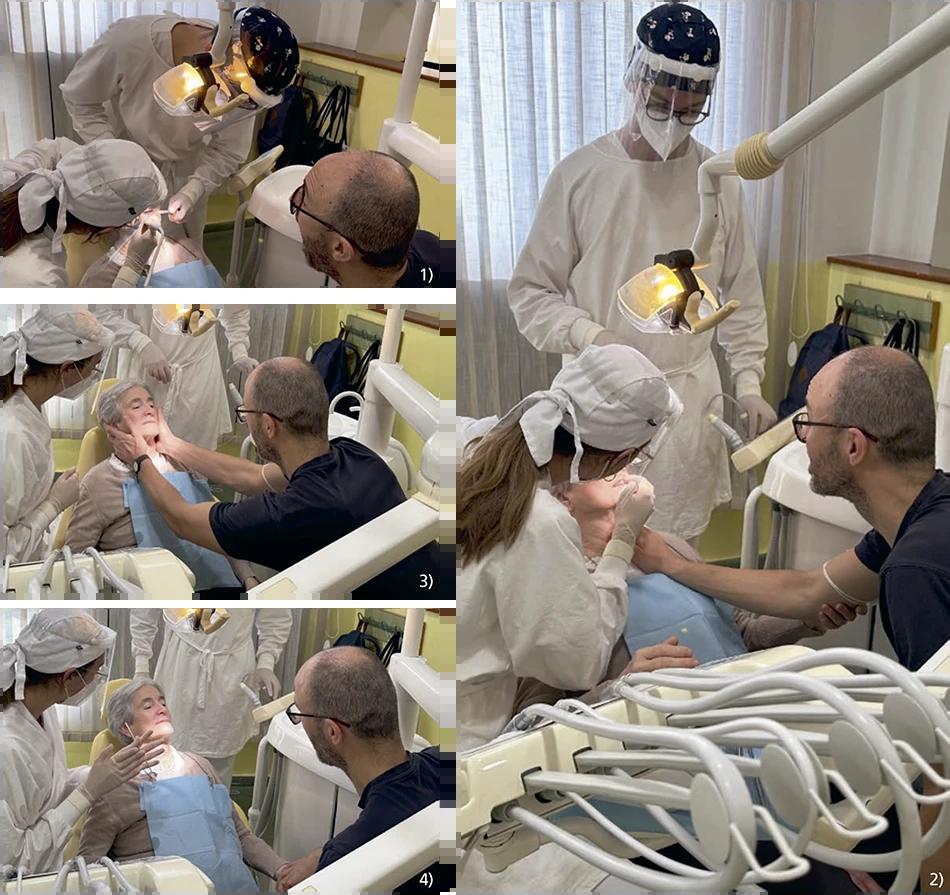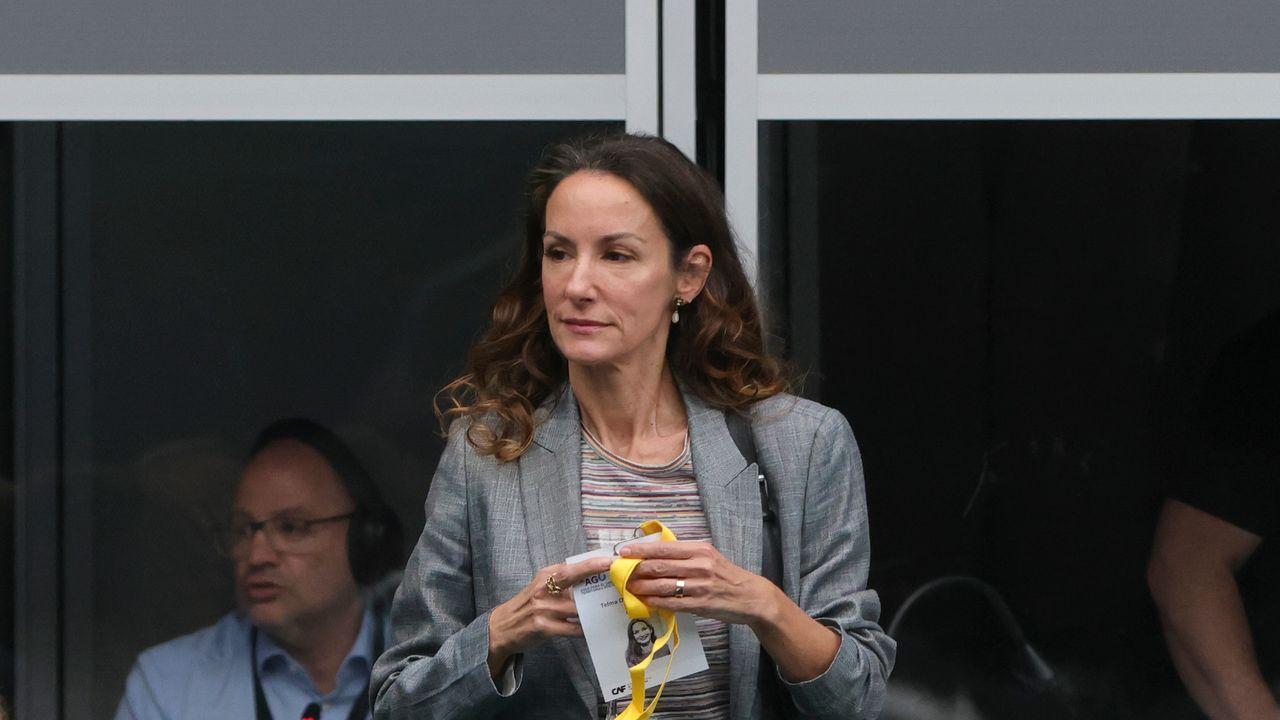There is a lot to be said for things related to biological processes and immunity
Colorectal cancer among the under-50s: which science is in doubt
Several theories point to lifestyle and prevention factors
More and more studies confirm that colon cancer is a trend among young adults, a trend that worries experts.Recent studies have shown that the number of cases in several countries can increase four times faster than in people under 50.
Although the medical community has not precisely determined the causes of this increase, there is much science behind the causes that has insights into lifestyle and prevention.
An increase that worries experts
The study, published in Internal Medicine, presented data from 42 countries and 13 cancer cases.The results showed that only colon cancer increased significantly, and the average annual increase among people aged 20-5 showed an average increase of 1.45% compared to older people in this age group.
Researchers at the Institute of Cancer Research in London, which suggest that there is a difference in the age of screening, because these tests allow the detection and treatment of lesions before they become tumors.
In this sense, access to more preventive programs for the elderly may slow down cases in this group when young people generally do not pass these tests and show an increasing incidence.
In addition, scientists have yet to determine how this trend affects various types of cancer, including colorectal.
Possible causes: bacteria, lifestyle, environmental factors
Another recent research offers new lines of research.Printed in nature, printed in nature and the owner's bacteria Iloni could be involved in colon cancer in young people.
Colbanisin, produced by this bacterium, damages scaly follicle cells and promotes the appearance of pubic hair.
Similarly, the rise in type 2 diabetes associated with an unhealthy diet and obesity lifestyle also plays a role.In fact, research published in PLANS Medicine in 2020 found that people with diabetes who did not have the disease at age 50 had the same risk of developing childhood cancer at age 45 as those at age 50.
On the other hand, experts in the British Journal of Surgery quote that this increase may be the result of several combined factors, including alcohol consumption, ultra-processed food, sugary drinks, microplastic pollution or changes in the gut microbiota.
In short, scientists agree that there is no single cause, but rather a combination of factors that lead to the increase.Therefore, they call for a comprehensive prevention policy that addresses everything from promoting bad habits to curtailments to reducing exposure.
Sign in to your account for notifications








